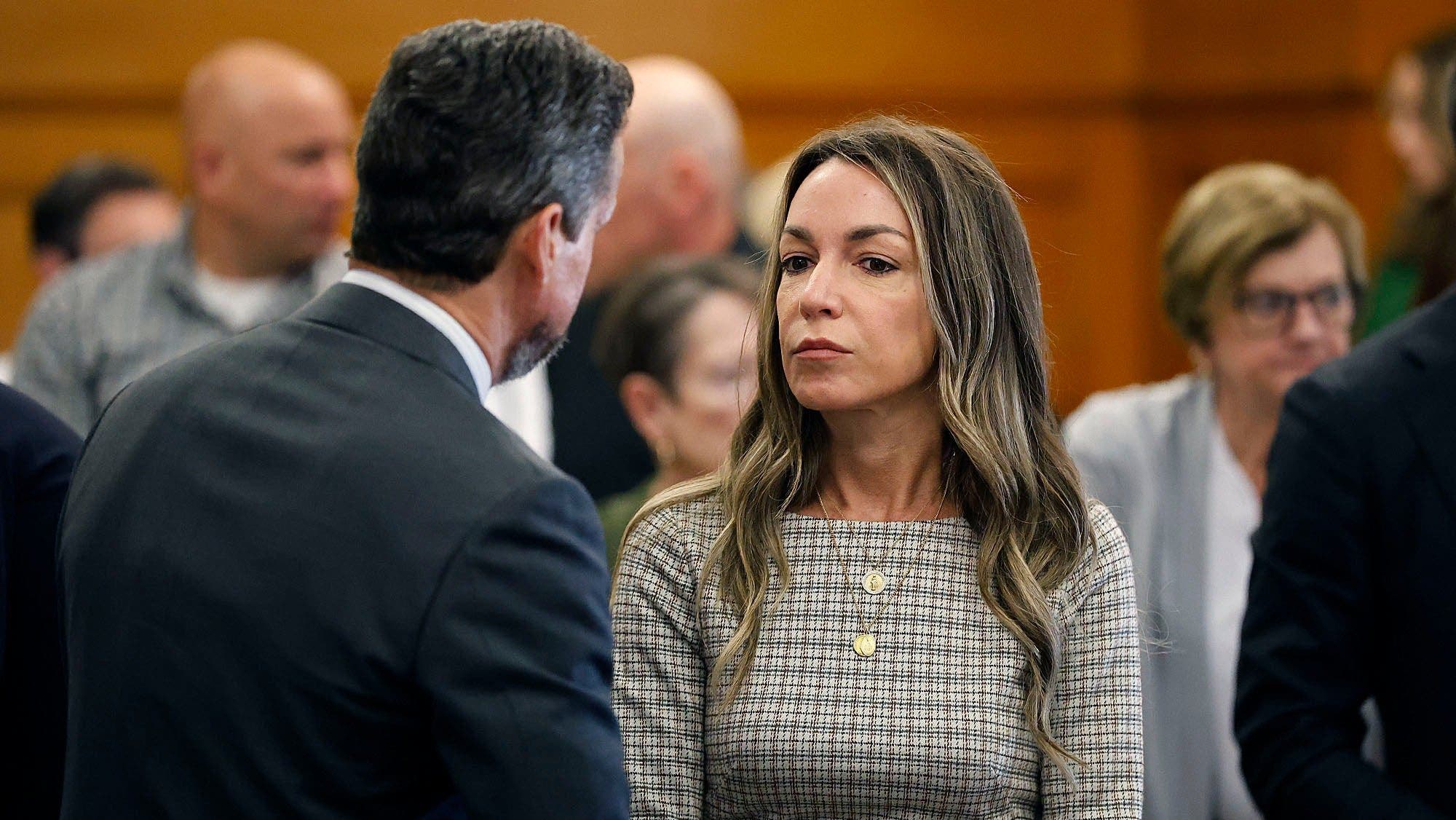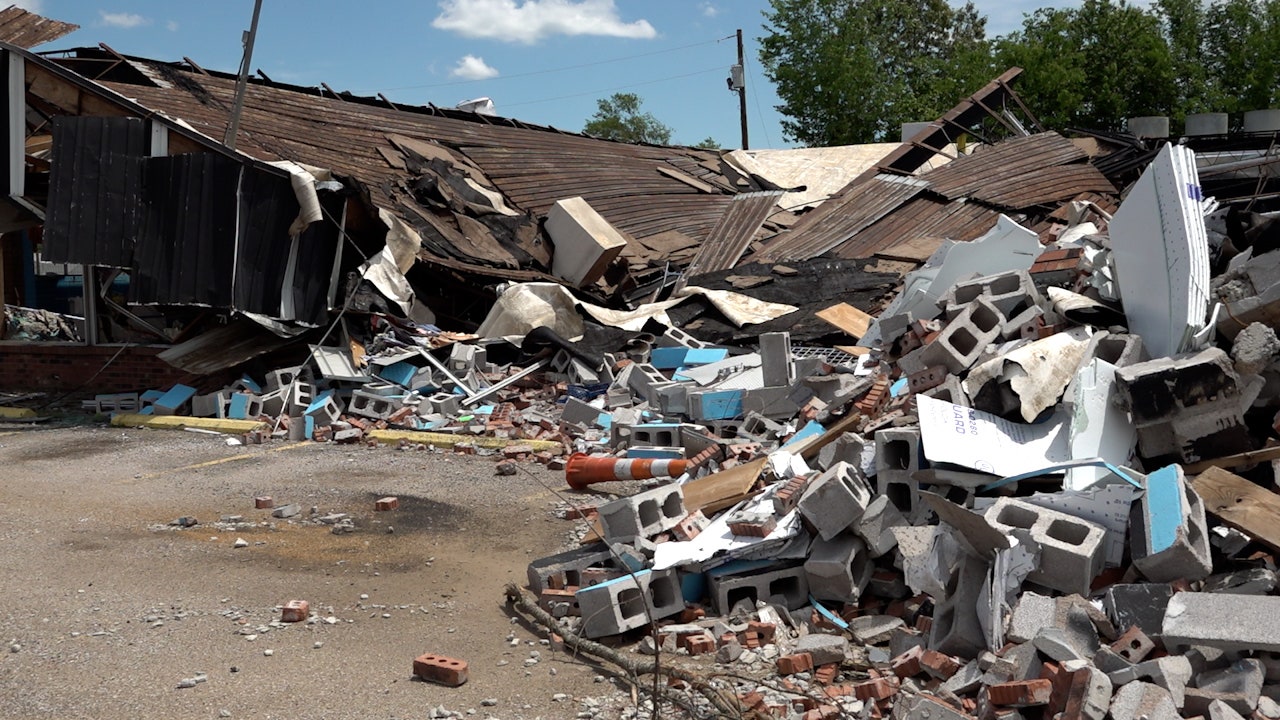Police in Germany on Thursday stepped up border checks, drawing criticism from the country's neighbours.
A spokesman for the federal police in the southern state of Bavaria said more checks are being carried out on the borders to Austria and the Czech Republic.
"We are ensuring that the disruption is as minimal as possible," the spokesman told dpa. "But we are carrying out more checks and that will be noticeable for travellers."
Police are reopening checkpoints on smaller routes such as over the Saalach river between Austria's Salzburg and the German town of Freilassing.
Increased checks have also been announced on Germany's borders with the Netherlands and Belgium.
A dpa reporter in the western German state of North Rhine-Westphalia said there was little evidence of tighter controls.
However, a police spokesman said: "If you don't see us, that's good, because then the people we want to control won't see us either."
The police said "measures to temporarily increase manpower" were being continuously reviewed and implemented but said they would not make comments on specific deployment numbers.
The police spokesman said on Thursday that it was unclear whether any asylum seekers have already been turned away under the new policy.
The measures come two days after Chancellor Friedrich Merz's conservative-led government took office, pledging to maintain temporary border checks implemented under previous administrations and turn back illegal migrants at the border, even if they apply for asylum.
Just hours after taking office, Interior Minister Alexander Dobrindt said asylum seekers would also be turned away at the border in future, emphasizing that this would not apply to pregnant women, children and other members of vulnerable groups.
The measures have already attracted controversy from Germany's neighbours, with Polish Prime Minister Donald Tusk expressing his displeasure at a press conference with Merz.
The Swiss Justice Ministry also slammed the measures in a post on X.
"In Switzerland's view, systematic rejections at the border violate applicable law," the ministry said, adding that the Swiss government is considering countermeasures.
Austria, meanwhile, said it supported a tighter line on immigration, but called on Germany to respect EU border law.
"Austria generally welcomes Germany's endeavours in the fight against the smuggling mafia and illegal migration," the Austrian Interior Ministry said on Thursday. "We assume that German authorities will adhere to the European legal order in all measures that are taken."
Germany's Green Party leader, Franziska Brantner, also criticized the lack of cooperation with neighbouring countries "at a time when we need more Europe."
Brantner said the measures would mean officers were withdrawn from crime hotspots. "These are the main railway stations, the airport, crime hotspots in this country. That's where they'll be missing."
"So less security in other places to send a signal at the border," she added.
The legal situation regarding rejections at the border is currently unclear. Some experts interpret EU law as meaning that rejections are not permitted in principle.
This is also related to the fact that border checks are not carried out exactly on the border line, but often slightly behind it.
The deputy chairman of the German police union, however, told Die Welt newspaper that Germany has concluded so-called readmission agreements with all neighbouring countries.
These agreements also specify the point at which a person is considered to have entered the country, Heiko Teggatz said.
"This is only the case once the entry check has been completed," Teggatz said, adding that the territory in which the checkpoint is located is irrelevant.
A German police officer holds a submachine gun during entry checks at the German-Polish border crossing Stadtbruecke. Hours after taking office, Interior Minister Dobrindt announced that asylum seekers could also be turned back at land borders. Carsten Koall/dpa
A sign reading "Federal Republic of Germany" surrounded by EU stars stands in front of a border post in German national colors at the German-Polish border crossing Stadtbruecke. Hours after taking office, Interior Minister Dobrindt announced that asylum seekers could also be turned back at land borders. Carsten Koall/dpa
German police officers stand at the immigration checkpoint at the German-Polish border crossing Stadtbruecke. Hours after taking office, Interior Minister Dobrindt announced that asylum seekers could also be turned back at land borders. Carsten Koall/dpa
.png)
 German (DE)
German (DE)  English (US)
English (US)  Spanish (ES)
Spanish (ES)  French (FR)
French (FR)  Hindi (IN)
Hindi (IN)  Italian (IT)
Italian (IT)  Russian (RU)
Russian (RU)  6 hours ago
1
6 hours ago
1










Comments